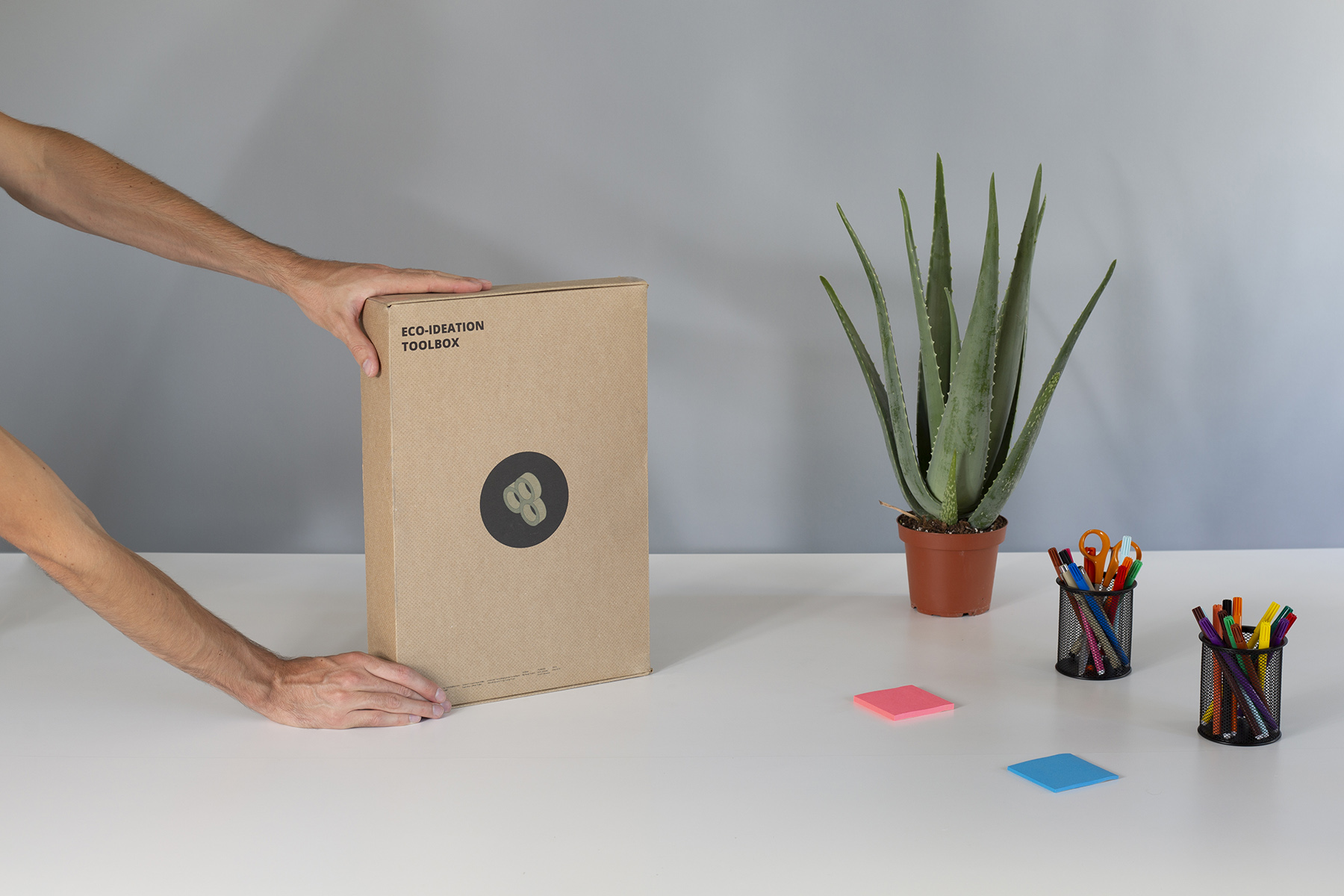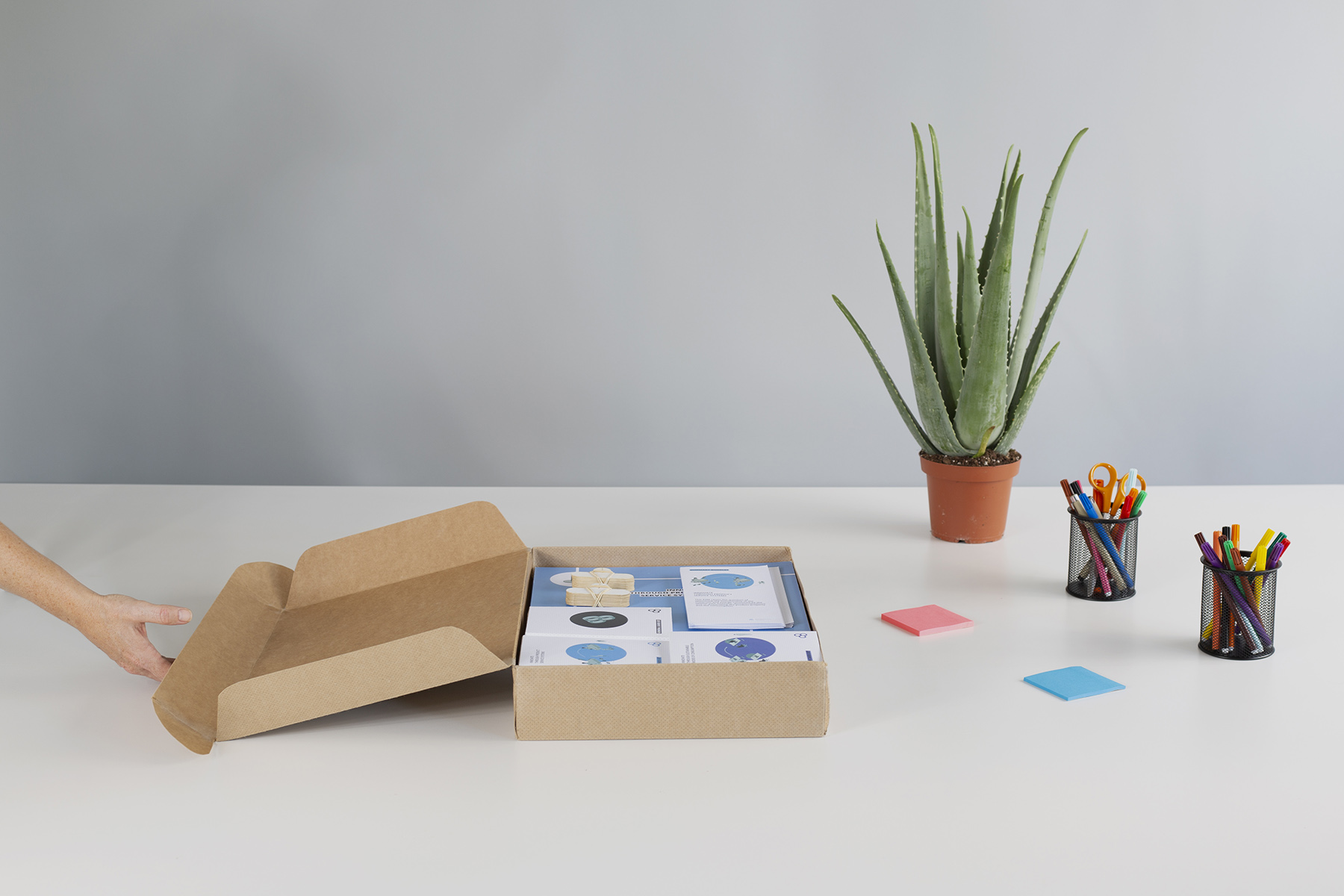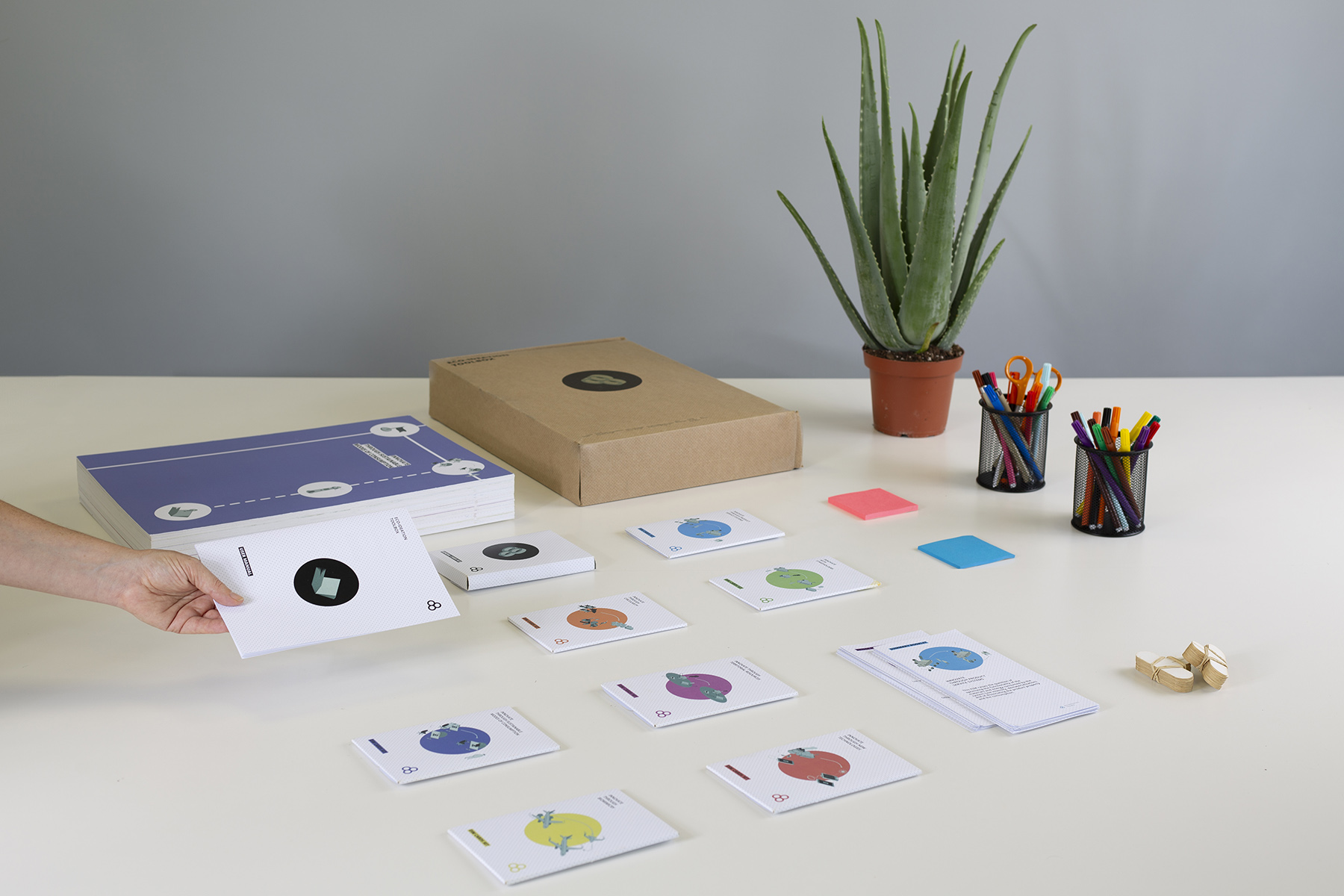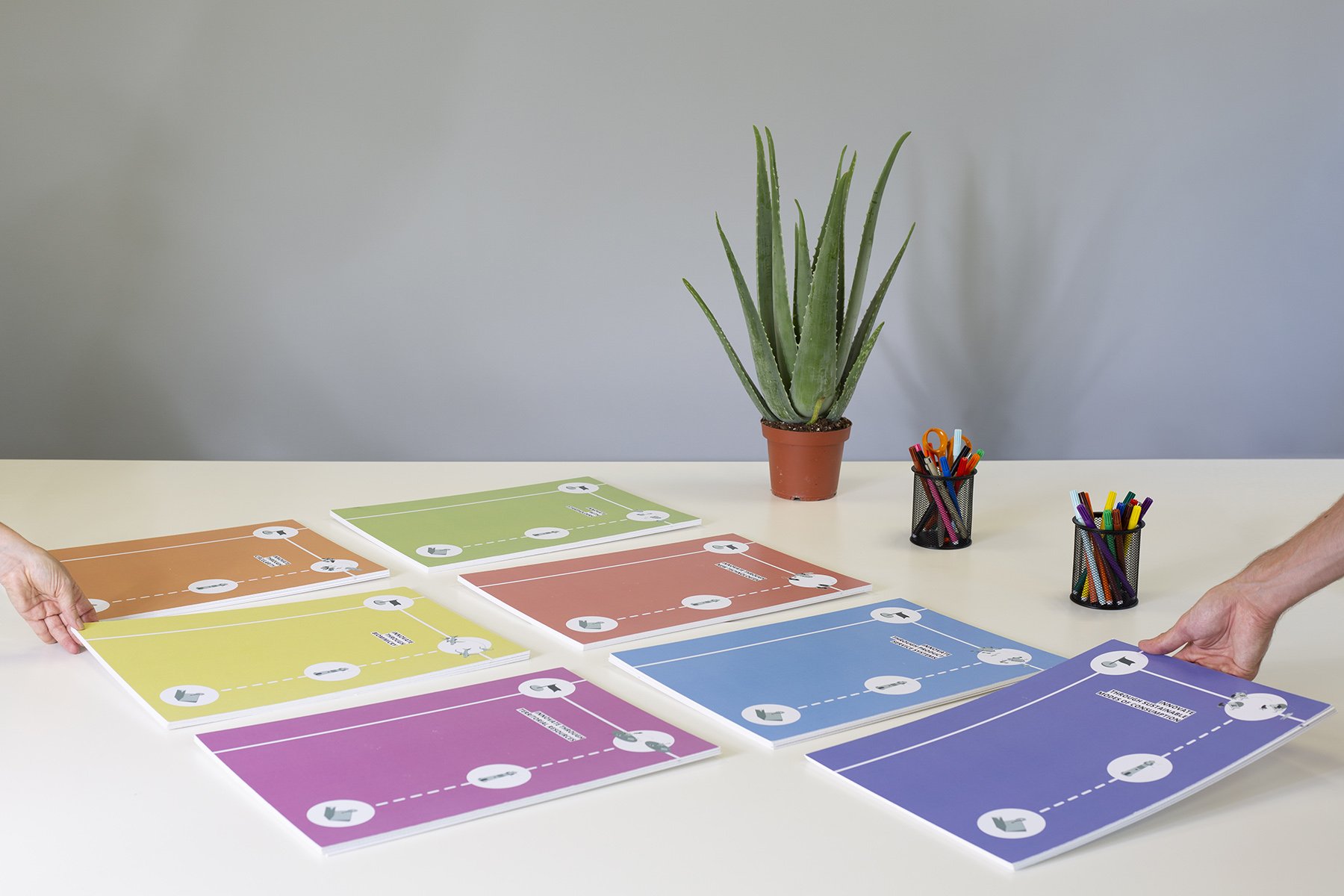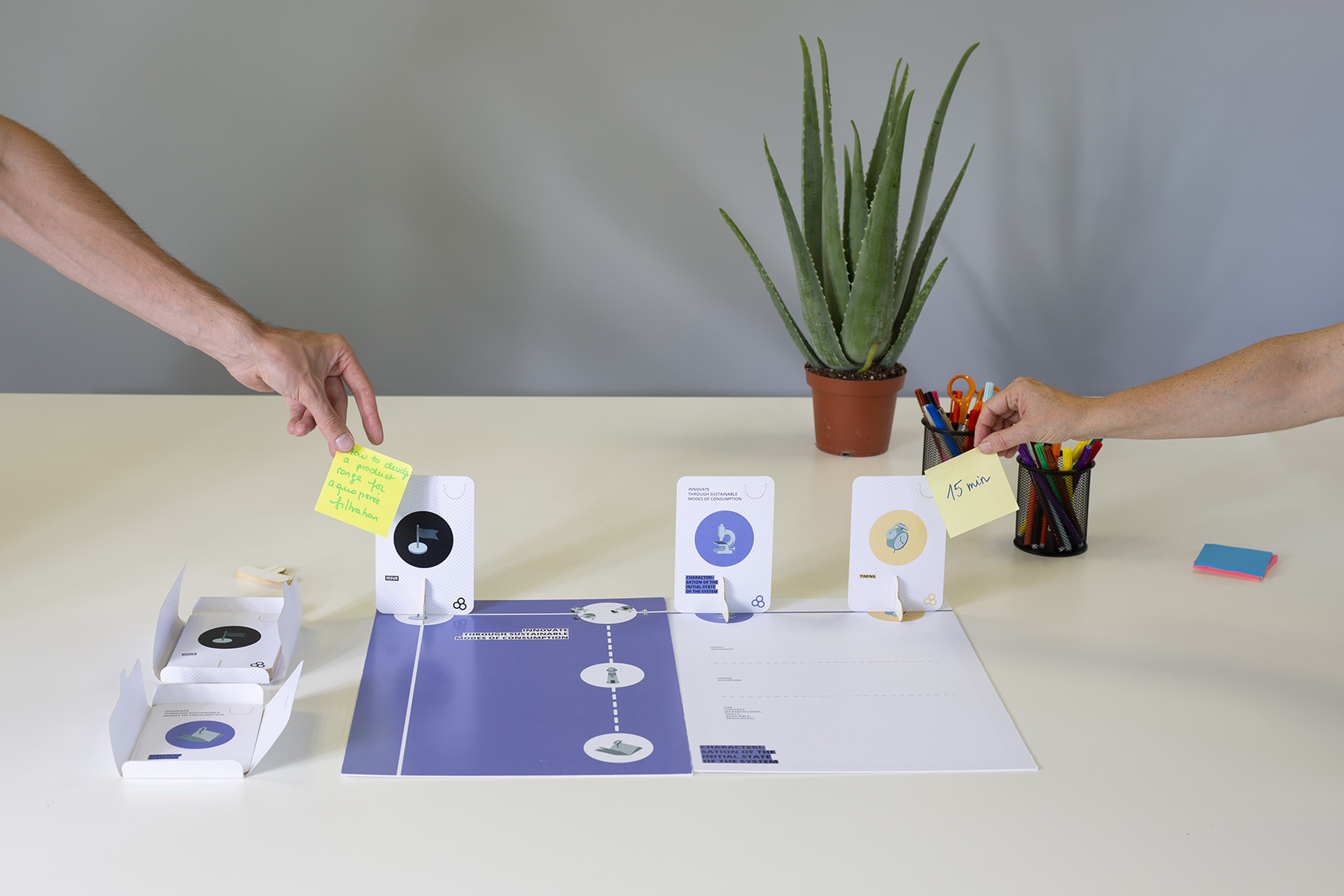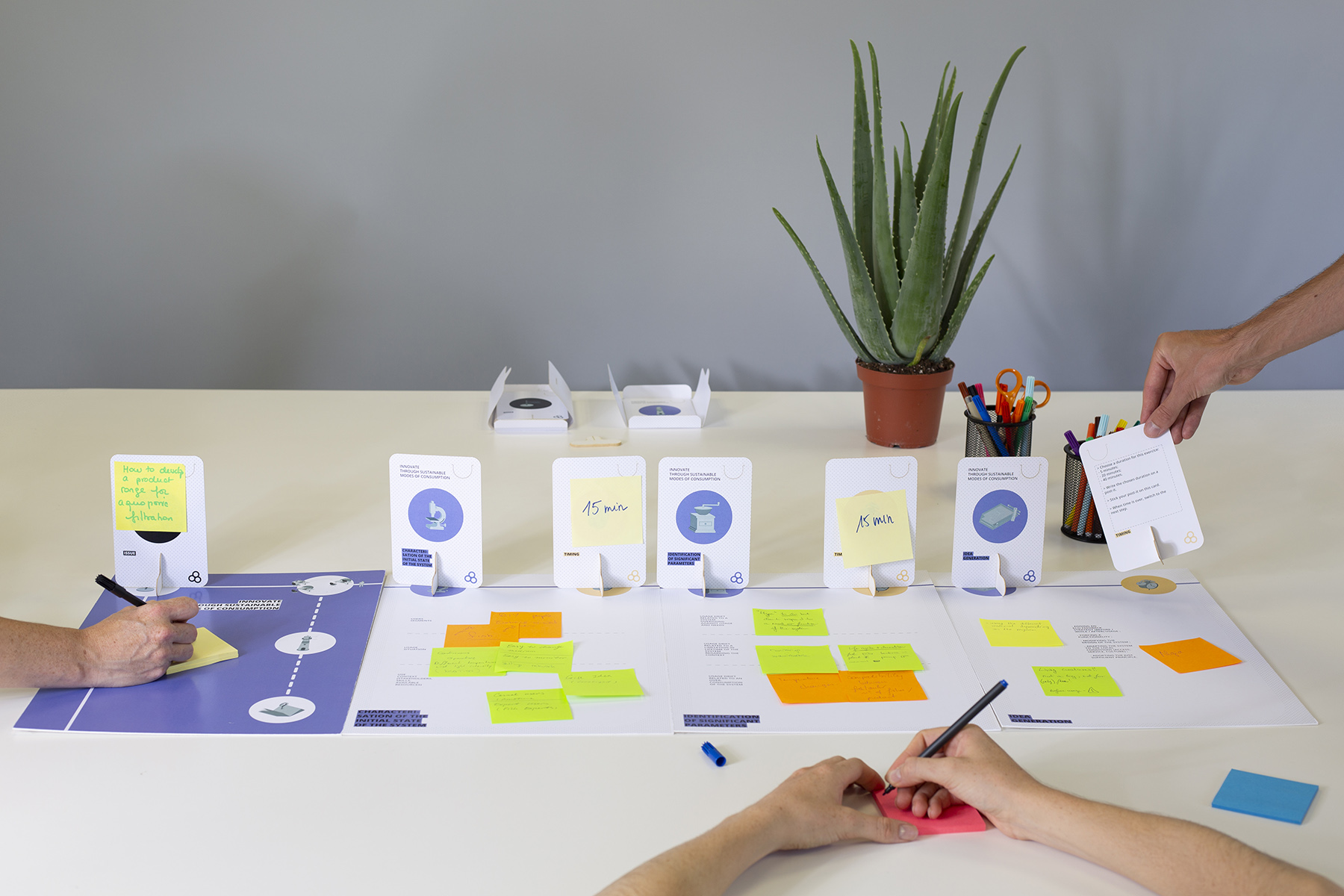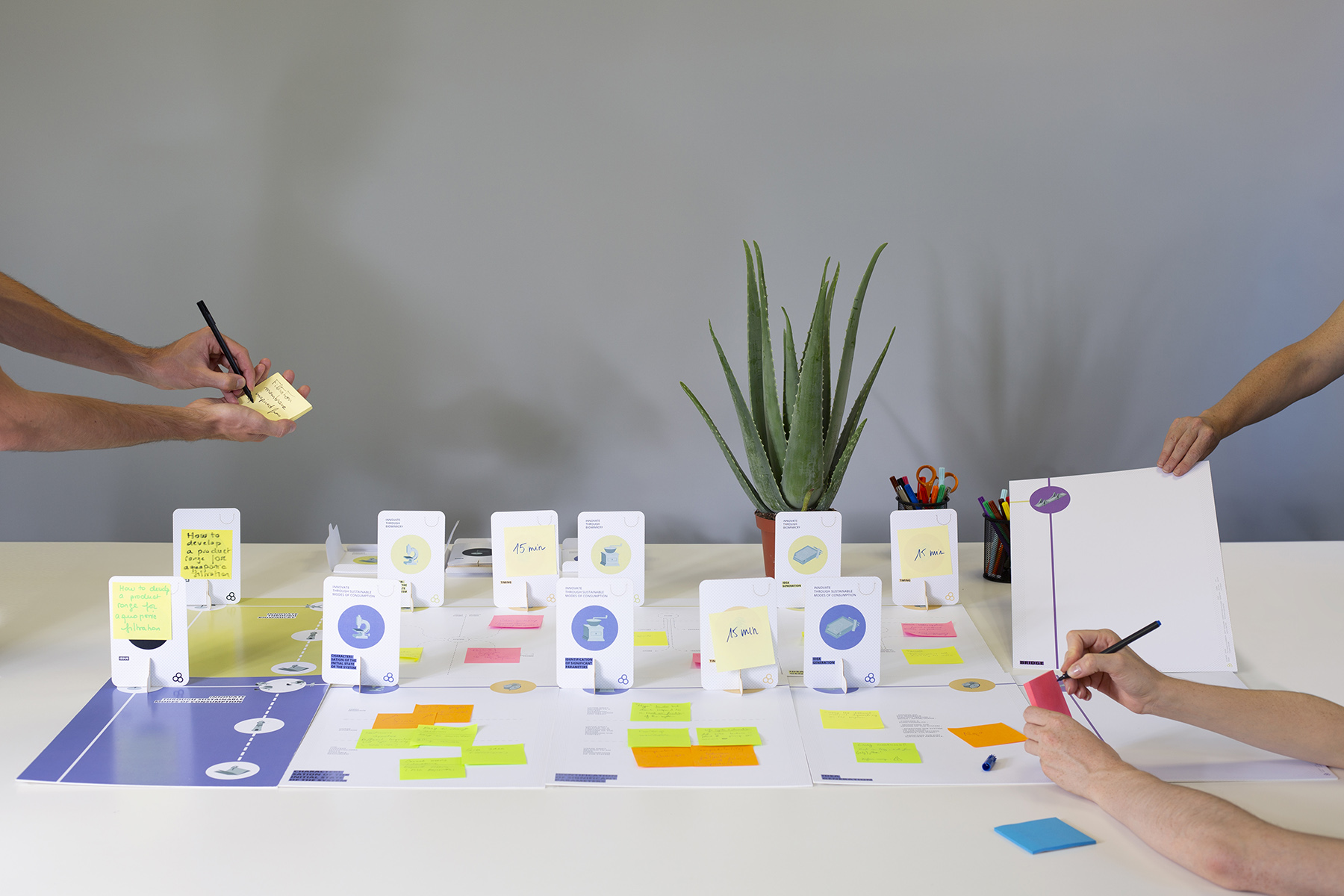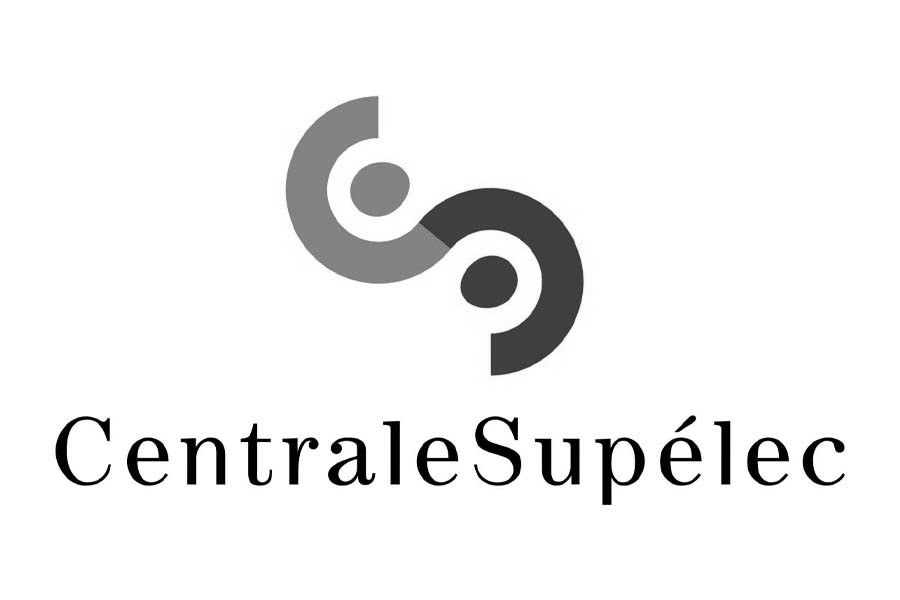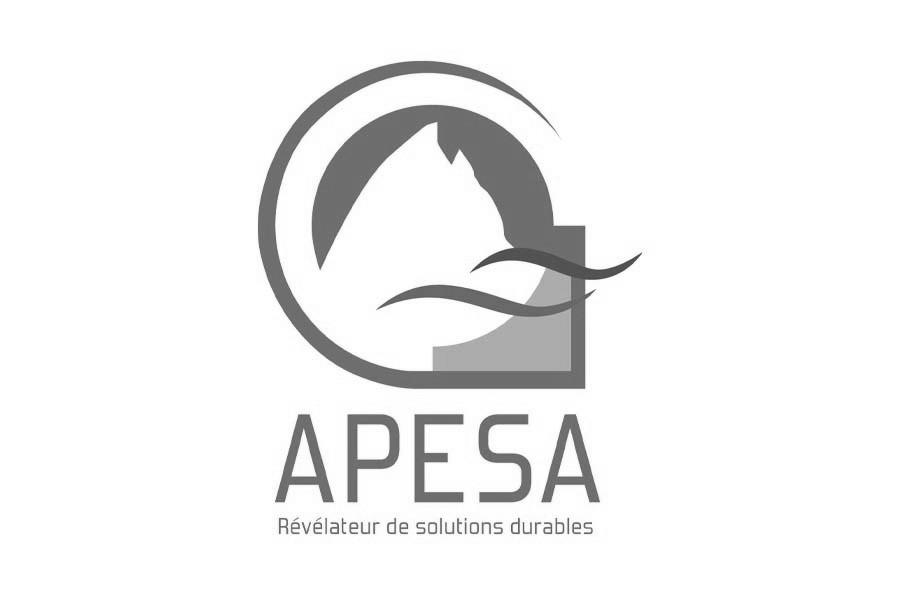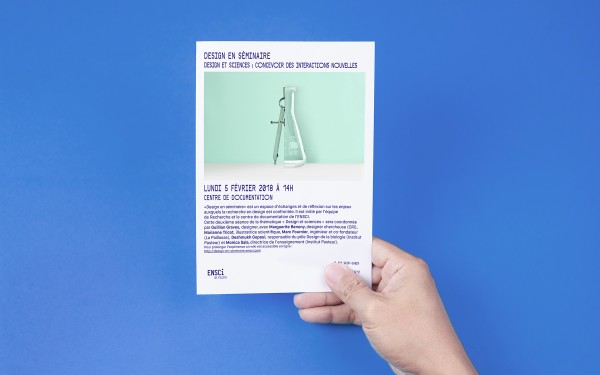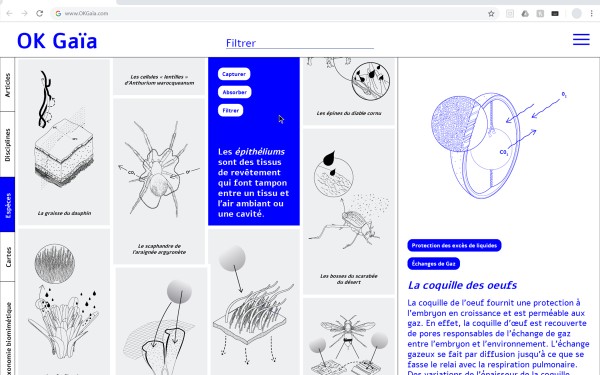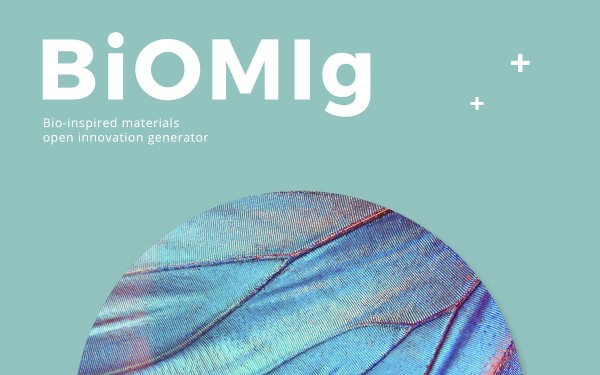Environmental issues are becoming a growing concern for our society. Today, with an annual consumption of raw materials of around 60 billion tonnes, the world's population is consuming around 50% more natural resources than it did 30 years ago.
Designing environmentally-friendly products is crucial, but eco-design methods are not enough, and the tools and methods developed to support innovation processes geared towards sustainability are not satisfactory. They are not adapted to all the requirements of eco-innovation, because they are complex to implement, not very robust and tend to lead to techno-centric solutions. There is therefore an urgent need to define tools and methods that can be used by any design team (from SMEs to large groups) to eco-innovate, i.e. to develop and market products or services with high environmental ambitions.
As part of the ANR ALIENNOR research project funded by the EcoSD network (APESA, Supméca, Université de Technologie de Compiègne), the research team comprising B. Tyl (APESA), F. Vallet (IRT System X, Industrial Engineering laboratory, CentraleSupélec), C. Baldacchino (APESA), O. Pialot (QUARTZ laboratory, Supmeca), C. C. Pham and B. Eynard (Roberval laboratory, UTC), D. Millet (COSMER, SeaTech-UTLN) and Big Bang Project have designed a didactic toolbox that enables companies to eco-innovate by exploring all the systemic dimensions relating to sustainability: MSE Explorer. It enables companies to move beyond the technical perimeter of a single product and eco-innovate more globally and more strongly towards new sustainable economic models.
Within this toolbox is a novel set of Eco-ideation Stimulation Mechanisms (ESMs) that are both didactic and precise, exploring systemic dimensions relating to sustainability that have been little exploited until now and yet hold great promise. These mechanisms, one of which is dedicated to biomimicry, make it possible to move beyond the technical perimeter of the product alone to eco-innovate more globally towards new sustainable economic models.
